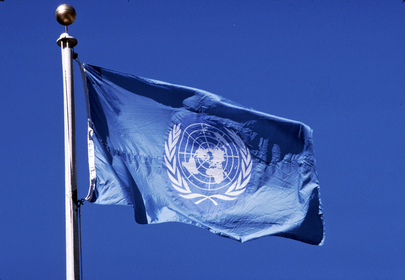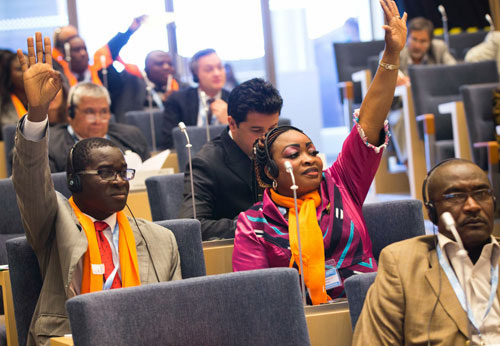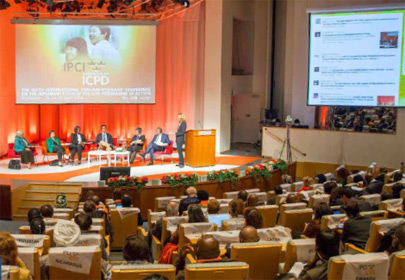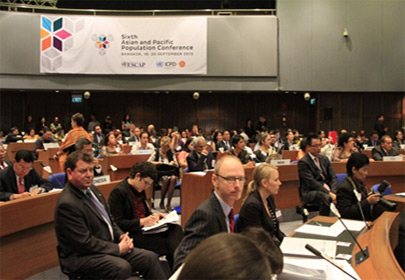What is the role of Governments, UN agencies, Civil Society and Youth to the ICPD Process?
Since the adoption of the Programme of Action (PoA) of the International Conference on Population and Development (ICPD), governments, civil society and UN partners have worked together to implement the ICPD agenda and reviewed the progress, gaps and emerging challenges in the delivery of promises made in Cairo at the International Conference on Population and Development in 1994.
Click icons below to see more
Roles of stakeholders in the ICPD Process?
UN Agencies

The goals and objectives of the ICPD PoA touch on every area of development policy, and every UN agency has a role to play in the review process. UN agencies were part of the governance and guidance mechanisms at every level of the ICPD Beyond 2014 review process - from strategic planning to delivery. In addition, all UN agencies identified ICPD focal point staff who led their organisations input to the review. UNFPA has a specific role and expertise in relation to population and development issues and was therefore mandated as the co-ordinating body for the ICPD Beyond 2014 review, and had particular responsibilities in leading the process, through the ICPD Beyond 2014 Secretariat.



